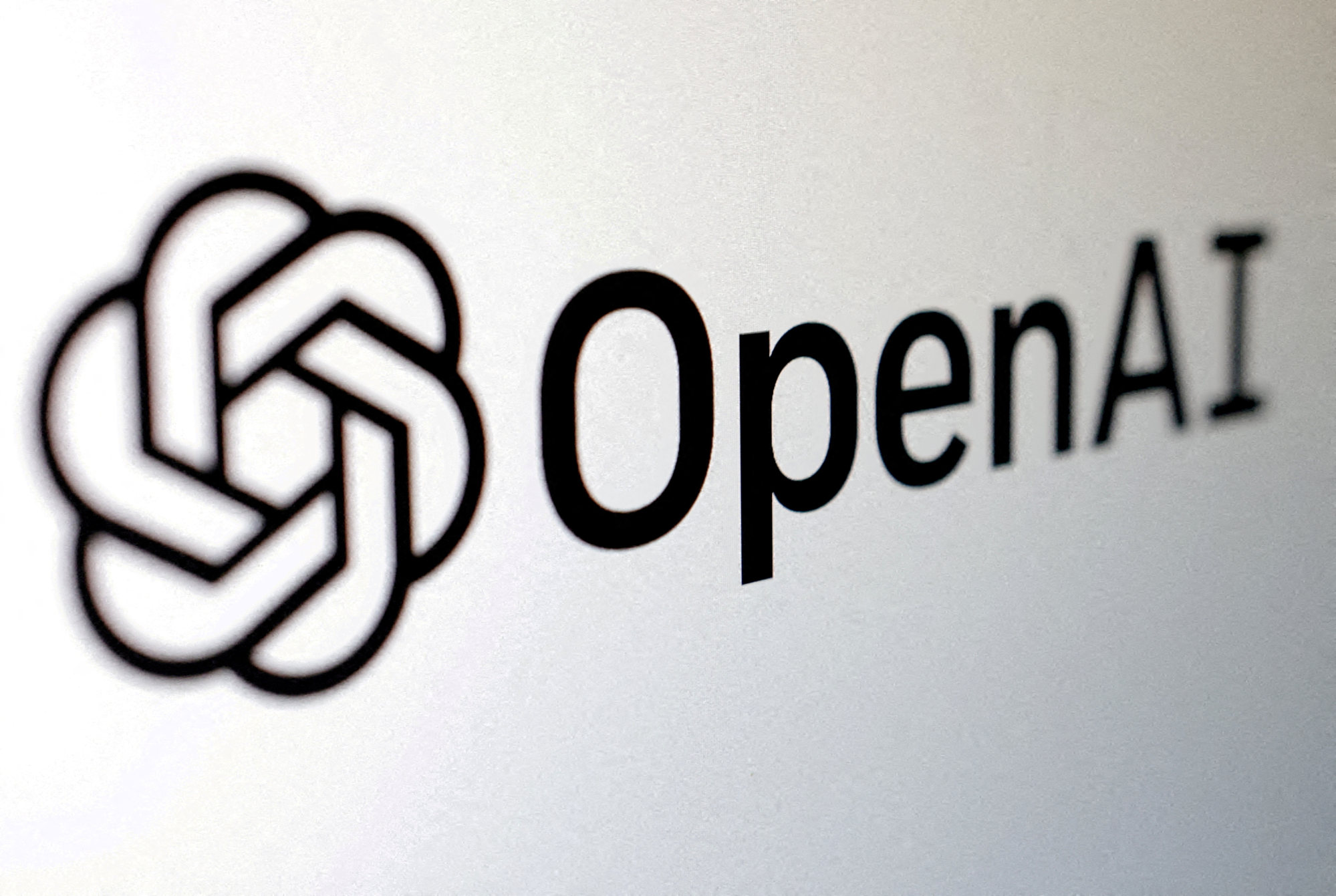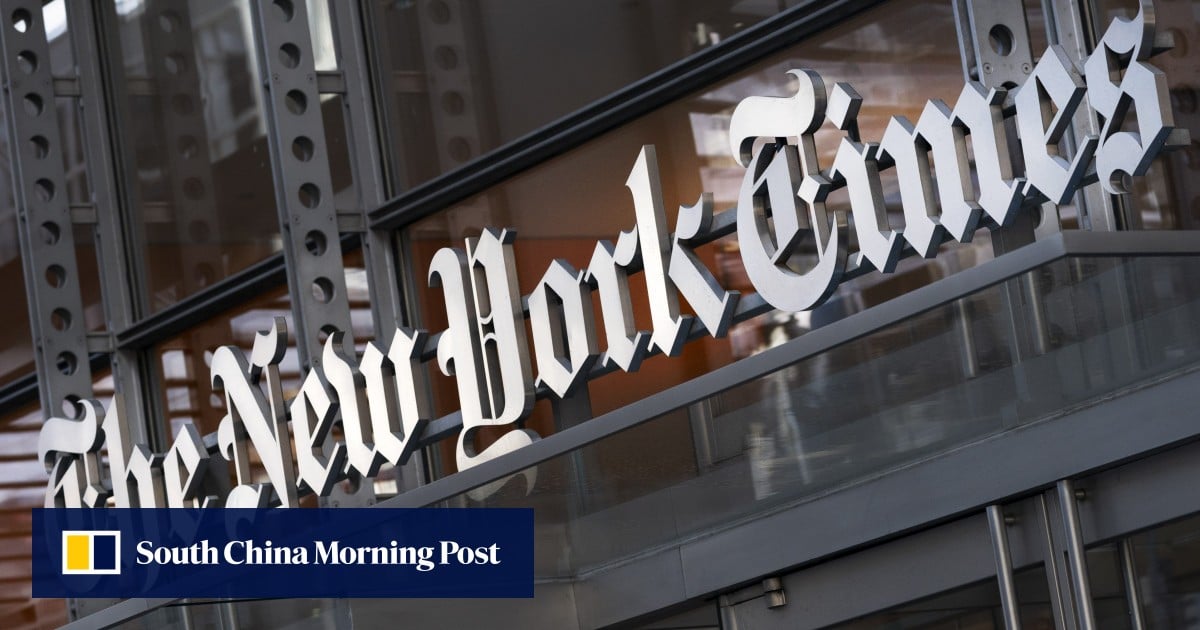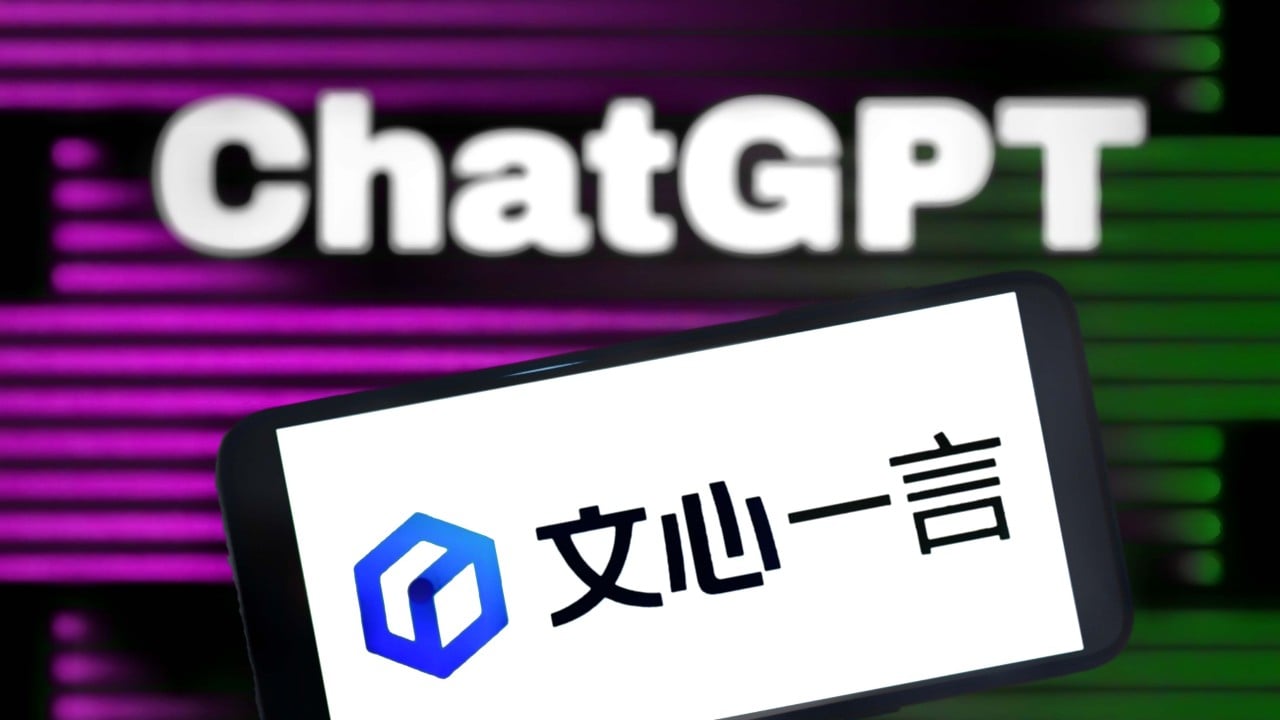The newspaper’s complaint, filed in Manhattan federal court, accused OpenAI and Microsoft of trying to “freeride on The Times’s massive investment in its journalism” by using it to provide alternative means to deliver information to readers.
“There is nothing ‘transformative’ about using The Times’s content without payment to create products that substitute for The Times and steal audiences away from it,” the Times said.
OpenAI says Altman to return as CEO with new members on the board
OpenAI says Altman to return as CEO with new members on the board
OpenAI and Microsoft did not immediately respond to requests for comment. They have said that using copyrighted works to train AI products amounts to “fair use”.
Fair use is a legal doctrine governing the unlicensed use of copyrighted material.
On its website, the US Copyright Office says “transformative” uses add “something new, with a further purpose or character” and are “more likely to be considered fair”.
The Times is not seeking a specific amount of damages, but the 172-year-old newspaper estimated damages in the “billions of dollars”.
It also wants the companies to destroy chatbot models and training sets that incorporate its material. Talks this year to avert a lawsuit and allow “a mutually beneficial value exchange” with the defendants were unsuccessful, the newspaper said.
AI companies scrape information online to train generative AI chatbots, and have attracted billions of dollars in investments.
Investors have valued OpenAI at more than US$80 billion.
These tools were built with and continue to use independent journalism and content that is only available because we and our peers reported, edited, and fact-checked it at high cost and with considerable expertise
While OpenAI’s parent is a non-profit, Microsoft has invested US$13 billion in a for-profit subsidiary, for what would be a 49 per cent stake.
Novelists including David Baldacci, Jonathan Franzen, John Grisham and Scott Turow have also sued OpenAI and Microsoft in federal court in Manhattan, claiming that AI systems might have co-opted tens of thousands of their books.
In July, the comedian Sarah Silverman and other authors sued OpenAI and Meta Platforms in San Francisco for having “ingested” their works, including Silverman’s 2010 book The Bedwetter. A judge dismissed most of that case in November.
The Times filed its lawsuit seven years after the US. Supreme Court refused to revive a challenge to Google’s digital library of millions of books.
A federal appeal court had found that the library, which gave readers access to snippets of text, amounted to fair use of authors’ works.
“OpenAI is giving the copyright industry a second bite at control,” said Deven Desai, a professor of business law and ethics at the Georgia Institute of Technology.
“It’s outputs that matter,” Desai said. “Part of the problem in assessing OpenAI’s liability is that the company has altered its products as copyright issues arose. A court could say its outputs at this moment in time are enough to find liability.”
Chatbots have compounded the struggle among major media organisations to attract and retain readers, though the Times has fared better than most.
The Times ended September with 9.41 million digital-only subscribers, up from 8.59 million a year earlier, while print subscribers fell to 670,000 from 740,000.
Subscriptions generate more than two-thirds of the Times’ revenue, while ads generate about 20 per cent of its revenue.

The Times’ lawsuit cited several instances in which OpenAI and Microsoft chatbots gave users near-verbatim excerpts of its articles.
These included a Pulitzer Prize-winning 2019 series on predatory lending in New York City’s taxi industry, and Pete Wells’ 2012 review of Guy Fieri’s since-closed Guy’s American Kitchen & Bar that became a viral sensation.
The Times said such infringements threaten high-quality journalism by reducing readers’ perceived need to visit its website, reducing traffic and potentially cutting in to advertising and subscription revenue.
It also said the defendants’ chatbots make it harder for readers to distinguish fact from fiction, including when their technology falsely attributes information to the newspaper.
ChatGPT creator OpenAI in talks to raise new funding at US$100-billion valuation
ChatGPT creator OpenAI in talks to raise new funding at US$100-billion valuation
The Times said ChatGPT once falsely attributed two recommendations for office chairs to its Wirecutter product review website.
“In AI parlance, this is called a ‘hallucination,’” the Times said. “In plain English, it’s misinformation.”
Times general counsel Diane Brayton told staff in an internal memo that the newspaper recognised the potential of generative AI for journalism, but “the use of our work to create GenAI tools must come with permission and an agreement that reflects the fair value of that work, as the law provides.”


